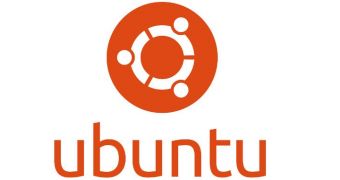Canonical's Ubuntu operating system has found a very large market to expand to, India, and it looks like this might be the country that's the most receptive to this Linux operating system.
Ubuntu has been around for many years and the company that makes it, Canonical, is pushing a new version of it every six months, acting almost like a hammer on the collective mind of the community.
One of the ways in which Ubuntu managed to penetrate most of the major markets is with the help of huge companies like Dell and HP, which use this OS in some of the systems they sell. In fact, Ubuntu has been so well received that it's now a very well-known fact that IBM, for example, works with Canonical and that you can get the Ubuntu OS when you buy PCs from them.
China is a tough nut to crack, but it's a huge market and everyone is trying to get a share of that pie. The truth is that India is also a huge country and that it's more than just an emergent economy. It has almost as many people as China and they have much better English skills.
The fact that Ubuntu is expanding in India much faster than it does in any other country should not surprise anyone, but it's still very good news for Canonical. Making headway in a major economy might be just the thing that propels the company to new heights.
According to a report on economictimes.indiatimes.com, the regional manager for Asia Pacific at Canonical, Prakash Advani, says that “India is the fastest growing market for us with great stickiness and adoption of Ubuntu. It is definitely one of our key focus markets globally.”
In fact, the rate of adoption for Ubuntu has been quite impressive and it has registered a 50% increase year-over-year, which is a lot if you consider the adversaries it's up against.
More Indian businesses, schools, universities, and even some local authorities are moving to Ubuntu because they think that it's easier to use and it will help them save a lot of money in the long term. This move was also helped by Dell, which provides Ubuntu-powered PCs and laptops at more affordable prices for that market.
“Our retail business has been growing quarter-on-quarter. While we don't have a more detailed breakup of numbers, in that scenario Ubuntu has correspondingly grown as well,” says Alen Jose, Consumer & Small Business product lead, Dell India.
It's worth noting that there is no Hindi Ubuntu version out there, like Ubuntu Kylin for China, but the localization for the OS is complete and this fact helped Canonical a lot in India. Another factor that helps the adoption of Ubuntu systems is the huge Linux community that resides in this country and that is only getting bigger each day.

 14 DAY TRIAL //
14 DAY TRIAL //